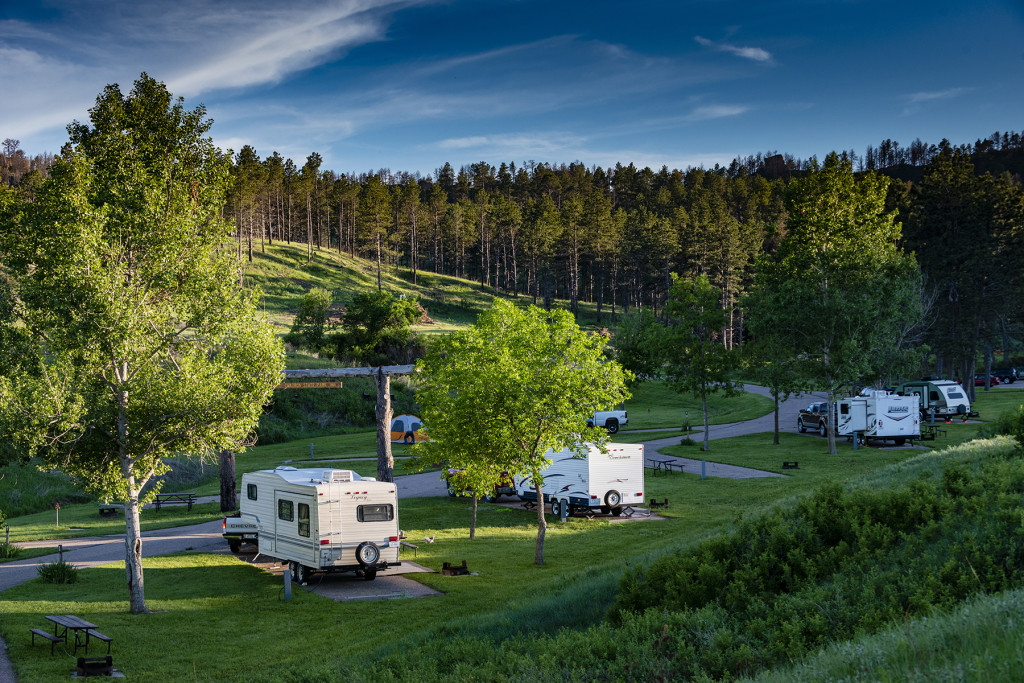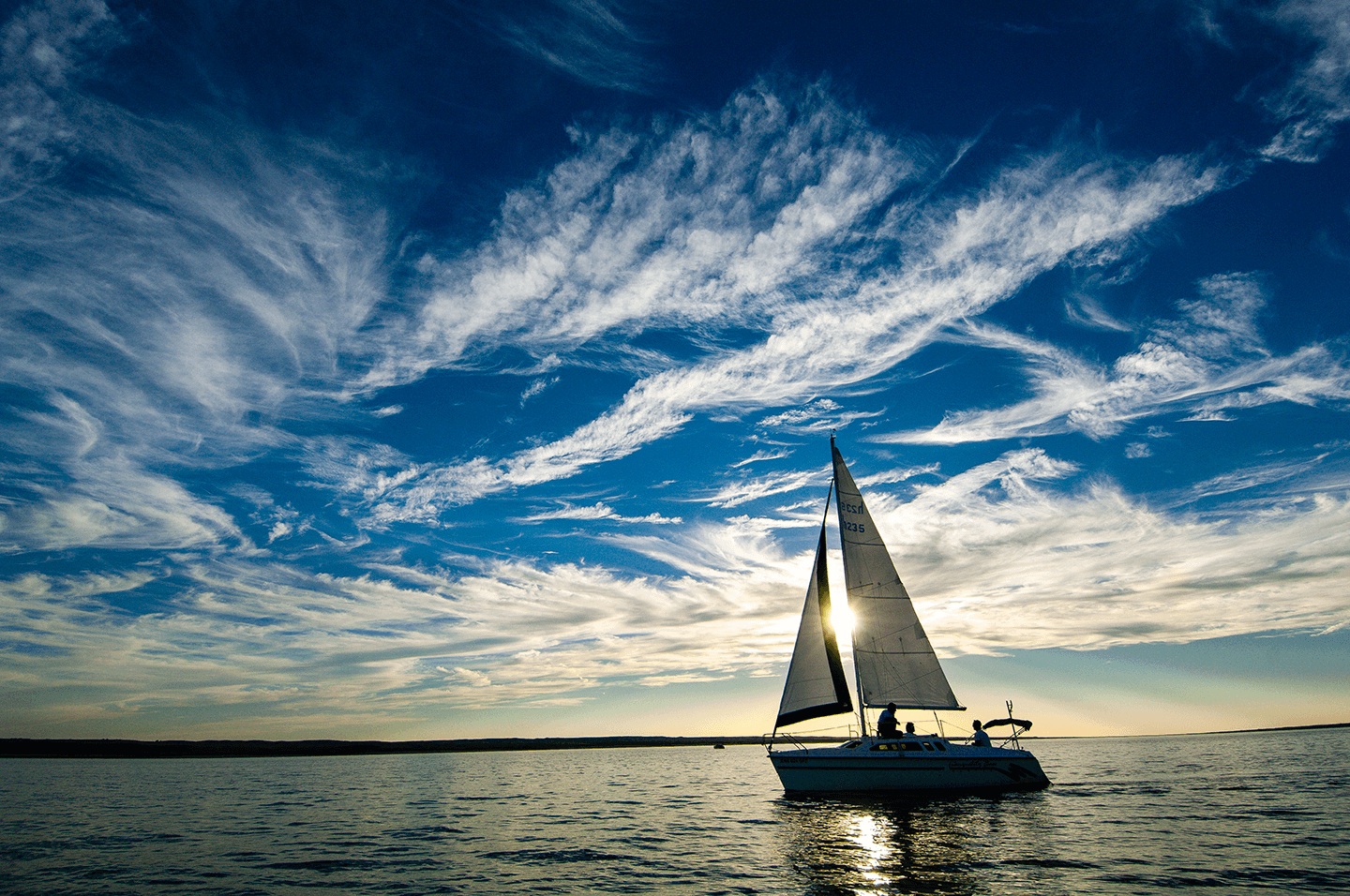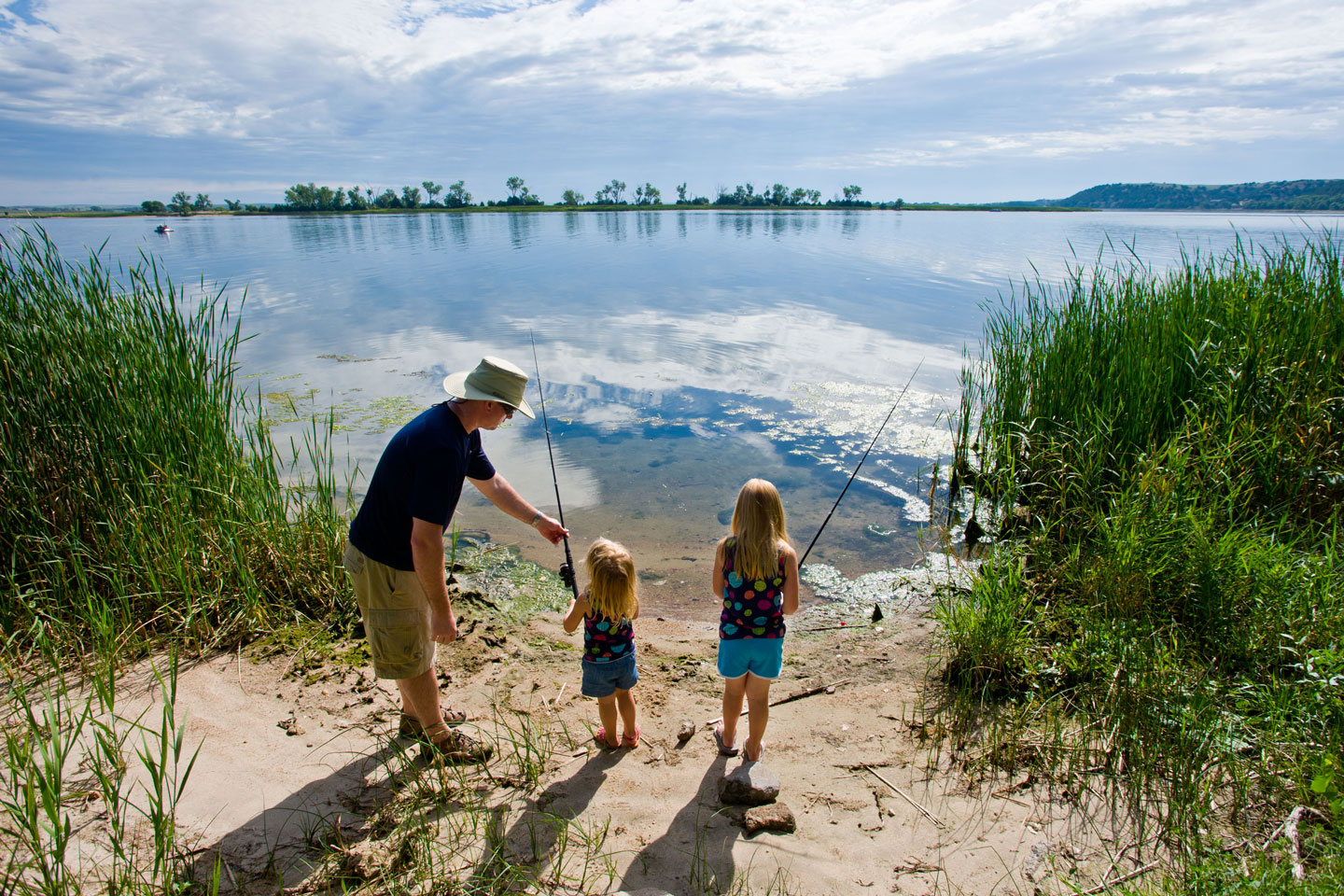Know before you go
Camping reservations are required at Lake McConaughy and Lake Ogallala state recreation areas during the peak season.
Camping reservations required
Overnight campers need a reservation to stay at Lake McConaughy and Lake Ogallala state recreation areas during the peak season. This includes all campgrounds and beach camping areas at the two SRAs.
All overnight visitors should book a campsite on the reservation system before leaving home. Reservations can be made online, on the mobile app RA Camping, or by phone at 308-284-8800 during business hours.
Important info
Reservations
- The annual reservation season is from May 20 to Sept. 10.
- Same-day reservations may be made online until 5 p.m. MST if campsites remain available.
- Reservations for beach camping at Lake McConaughy can be made as early as 30 days in advance of arrival. Reservations for campground sites can be made as early as 180 days in advance of arrival.
- A reservation can be for as many consecutive days as the park allows.
- On holiday weekends (Memorial Day, Fourth of July, and Labor Day) reservations must be for a minimum of three nights and include both Friday and Saturday.
Camping
- Approximately 500 campground spots and 1,000 designated beach spots (depending on water level) are available at Lake McConaughy and Lake Ogallala.
- Beach camping is not site-specific. However, a maximum number of campsites will be allowed per designated beach camping area. For example, campers who purchase campsites at Beach Area 17 can camp where they want (on the water’s edge or in the trees for example) as long as they remain in Beach Area 17. If you have purchased a beach campsite, you may not move to a different beach area without first canceling the reservation and purchasing a site in the desired beach area.
- Overnight guests must check in with park staff between 2 p.m. and 9 p.m. MST at park entrance booths or the Visitor Center before proceeding to their campsite. Be prepared to provide your name and reservation number. Your reservation number can be accessed from your confirmation email or by logging into your Reserve America account.
- For a single campsite, occupancy for overnight camping is eight people and two tents or one camper and one tent. If you have more than this you must purchase additional campsites. There are a limited amount of sites per beach area.
- Please be aware that it is easy to get stuck in the sand, and visitors should use a 4-wheel drive vehicle when driving on the beach.
- Check-out is at noon MST on the last day of your stay. Quiet hours are from 10 p.m. to 6 a.m.
Day use
- Day-use at the two state recreation areas is not limited. Find recreational opportunities offered at the lakes through the buttons below.
- Overnight fishing is permitted; anglers should enter the park at the Martin Bay Entrance if arriving after 9 p.m.
- Park entry permits are required for all vehicles.
About reservations
Reservations can be made online, on the mobile app RA Camping, or by phone at 308-284-8800 during business hours.
Beach camping will not be site-specific. However, a maximum number of campsites will be allowed per designated beach camping area. When that capacity is reached on any given day, no more reservations will be available for that day in that area.
Depending on water levels, 17 zoned beach camping areas will be available between the Shoreline Road and Cedar View areas with approximately 1,000 non-designated beach campsites.
Each campsite has a 14-day maximum stay.
- 180 days prior to the arrival date for designated campsites in campgrounds.
- 30 days prior to the arrival date for non-designated campsites in beach camping areas.
- Same-day reservations may be made online until 5 p.m. Mountain time, if campsites remain available. We again encourage visitors to book an overnight campsite before leaving home.
- We encourage visitors to book an overnight campsite before leaving home.
Click the “View reservation booking dates window” button above to view arrival and reservation dates.
For the beach campsites, the 30 days allows Park Staff to estimate water levels, which is the critical factor in determining how much space will be available. The North Platte River system water levels are difficult to predict and having a shorter reservation window will help prevent cancellations due to high water levels.
For the designated campsites, the 180-day threshold balances the needs of visitors who are planning a longer-term vacation with those who are planning a quick weekend getaway.
Arriving to camp
Visitors are encouraged to arrive prior to 9 p.m. If that is not possible, visitors can contact the Lake McConaughy Visitor Center to make special arrangements for late night arrival on a case-by-case basis. This does not guarantee arrangements will be possible.
Entrance booths will be staffed during peak seasons. Visitors are encouraged to check in at the Visitor Center during business hours, particularly if they wish to avoid lines at the entrances and/or are in need of other permits, such as fishing licenses.
Day use and fishing
To preserve recreational opportunities and maintain economic vitality, day-use in the parks is not limited. Small, day-use only beach areas will be created on Shoreline Road and at Cedar View to accommodate day visitors wishing to access the beach. Swimming areas will close at sundown.
Vehicles will be allowed on beaches designated for them that also have a Commission-managed access point. Paved and gravel parking is available at most overnight and day-use beaches, but parking lots fill quickly on summer weekends. Visitors are encouraged to arrive early or consider multiple locations to find available above beach parking. Visitors can park on the beach where allowed but should use day use areas if they are not overnight camping. Vehicles can get stuck on the beach, and visitors should have 4×4 capabilities on their vehicle. There are no maintained roads on the beaches. Staff will continue to work with stakeholders and adjacent landowners to address unauthorized access points to park areas.
If camping is full at Lake McConaughy and Lake Ogallala, we encourage visitors to utilize the park areas for day-use only and choose alternate overnight amenities in the surrounding area. A full list of private amenities is available at ilovelakemac.com for the Keith County area.
Park entry on the Shoreline Road area will be limited to the Martin Bay Entrance at night. Boat and shoreline anglers may access Shoreline Road through the Martin Bay Entrance, which includes walk-in access to the northerly portion of Kingsley Dam. No new campers may enter the areas after 9 p.m.
For those anglers wishing to access other areas of Lake McConaughy by boat after 9 p.m., boat ramps are available at Spillway Bay, Lemoyne, Cedar View and depending on water levels, Van’s Lakeview and Diver’s Bay.
Yes, Nebraska state park entry permits are required for all vehicles and can be purchased in advance at GoOutdoorsNE.com.
Fireworks also remain prohibited at Lake McConaughy and Lake Ogallala state recreation areas, as are ATVs and UTVs.
General info on camping
Approximately 500 designated campsites are available at nine campgrounds at Lake McConaughy and Lake Ogallala state recreation areas.
Depending on water levels, approximately 1,000 non-designated beach campsites, will be available across 16 beach areas of Shoreline Road and one beach area of Cedar View.
Additional campsites are available at private-managed sites at Lake McConaughy and Lake Ogallala; visit ilovelakemac.com for more details.
The number of campsites identified in Phase II was determined by evaluating and averaging the number of camping registrations recorded during the four-year period between 2016-2020. This number will be evaluated annually, along with other available data, such as vehicle counter data, to determine management actions.
Beach campsites will be limited when lake elevations exceed approximately 85% of capacity and will not be available when lake elevations exceed approximately 92% of capacity.
Adjusting the number of campsites in the future will depend upon evaluation of the Phase II seasons to determine effectiveness of management actions. The Commission and the Lake McConaughy Advisory Committee also are evaluating the potential to create additional campsites through concessionaire-type operations.
Overnight camping requires amenities to be provided — even something as minimal as access roads and garbage collection. While we expect growth opportunities in the future, our current resources and overnight amenities are in-place on Shoreline Road and Cedar View, as well as our Lake Ogallala SRA.
Providing campsites by reservation-only allows visitors to verify campsite availability and reserve a site before leaving home. Limiting camping under a first-come, first-served system would increase the likelihood some visitors drive a long way to the park, only to be told there are no available campsites.
Lake McConaughy and Lake Ogallala’s 1,500 Commission-managed campsites represent one of the largest overnight camping opportunity sites in the West and is the largest in the state of Nebraska by far, surpassing many of the National Park Service’s offerings. See the question above for more details.
Other overnight accommodations
A full list of private amenities is available at ilovelakemac.com for the Keith County area. Keith County hosts a variety of hotels, vacation homes by rental, cabins and private campgrounds. For other Nebraska State Park camping opportunities, explore our Find a Park interactive map.
Other questions
Yes, possession and consumption of alcohol is prohibited at both lakes. The change was implemented in 2020.
Additional law enforcement and park staff have been hired at Lake McConaughy in the past several years. However, seasonal staff and local volunteer resources are limited in rural Nebraska. The re-assignment of parks and law enforcement staff from other areas of the state, which has been done in the past, is not a sustainable action, as it leaves other park areas and wildlife management areas critically understaffed during peak visitation times.
Unlimited camping is extremely difficult to manage. In past years, managing entities, including the Commission and other public safety partners, have not known how many visitors to anticipate when planning operations. By providing a structure that allows advanced operational planning, resources can be properly planned and provided for in a sustainable manner, allowing for measured growth if additional resources become available.
A reservation system also allows agency staff to gather data that will help with plan evaluation and identify operational efficiencies.
Emergency Services will have access to every gating system in the park. The public can leave those gated entrances at any time, as the gates are set up to allow visitors to exit at any time. Re-entry will only be allowed at certain staffed or controlled entrances during non-peak hours.
By providing for a structure that allows for advanced operational planning, resources can be properly planned, balanced and managed more efficiently. Operational costs, such as contracted services, can be offered more efficiently. Revenue can also be more effectively collected via an online payment system prior to arrival.
Nebraska State Parks are funded approximately 76% by user fees. Revenues at Lake McConaughy and Lake Ogallala are used to offset increasing operational costs in the two parks. These costs include increased staffing as well as contracted services, like garbage collection and portable toilet rentals. These fees also have been invested significantly in the past four years for capital maintenance projects. The Commission has invested more than $6 million in capital improvements in the two parks in the past four years and have almost $4 million in projects currently ongoing. While revenue has grown approximately 51% since 2016, non-capital operational expenses have grown almost 43%, with the remaining revenues going towards capital maintenance and improvements. Game and Parks will continue to commit financial resources at the lakes in order to help maintain both recreational resources in the best interests of the resource and public.
Across the nation, increasing use of outdoor recreation sites are leading management agencies to implement actions to address overcrowding. Solutions include reservation based capacities on day-use and overnight camping. Similar actions have been taken regionally in surrounding state parks as well as national and county managed sites.
For example, Lake Mead National Recreation Area outside Las Vegas, Nevada — the nation’s first and largest National Recreation Area and fifth most-visited National Park Service site — is 1.5 million acres and offers just over 900 campsites. Lake McConaughy and Lake Ogallala together, not even a quarter of Lake Mead’s size, can offer about 1,500 campsites, making it one of the largest overnight camping opportunities in the West.
Similarly, Yellowstone National Park, also managed by NPS, is home to approximately 2,000 campsites, with nearly half managed by concessionaires. Yellowstone is the nation’s first national park and second most visited one in the country.
Nebraska State Parks are open and available to everyone seeking outdoor recreation. Preferential reservation opportunities are discouraged and in some instances not condoned by the various funding sources used to develop and operate Nebraska state parks. State and local businesses rely upon both in-state and out-of-state visitors in order to be successful.
Behind the changes
These changes to camping are part of the Nebraska Game and Parks Commission’s implementation of the 2016 Lake McConaughy/Lake Ogallala Master Plan, a five-phase plan to address management of the two state recreation areas.
After the Lake McConaughy Advisory Committee — a group of local stakeholders — and Game and Parks evaluated the first phase of the Master Plan rollout. They determined the most critical issue facing the parks was overcrowding, which placed exhaustive demands upon park infrastructure, law enforcement and emergency services that negatively affected the quality of visitor’s experiences, public safety and natural resources. Negative impacts also are occurring to the natural resources, and Game and Park’s efforts to expand trash, sanitation, law enforcement and staffing services to try and keep pace with overwhelming visitation are not sustainable.
Phase II, a more-than year-long collaborative effort with the Lake McConaughy Advisory Committee, is a sustainable management plan that improves the quality and safety of the visitor experience and protection of natural resources by implementing a carrying capacity on overnight camping throughout both state recreation areas. The Phase II Implementation Plan was approved by the Commission during its March 17 meeting in Norfolk.
Reservations
Reservations are accepted for cabins, lodge rooms, and group lodges up to one year in advance of the arrival date. Reservations for camping are accepted up to 180 days in advance of arrival date. Call the Reservation Call Center at 1-844-637-2757 (1-844-NEPARKS) or book online.
Park Pricing
A park entry permit is required to visit state parks and may be purchased at the park, statewide Game and Parks offices and permit vendors, or in advance of your arrival online. View those fees, as well as attraction and amenity pricing.



